
READ LIKE A WRITER, EDIT LIKE A SURGEON
It isn’t a novel yet. First draft is complete, now the next step – the self edit. Shiver! It’s a herculean chore to turn a critical eye on a manuscript you’ve labored over so long and lovingly, but you know it’s imperative. You’ve got standards; you know you have to meet those standards before you turn your work over to the scrutiny of fresh eyes — editor or beta reader. You’ve lived with your story a long time. You know every character, each plot twist, every setting and every detail of conflict. Now you have to see the whole forest, not just each single tree.
The most common advice is to step away for a bit and let go. A week, a month, however long so the words to are new to you. I agree completely. The longest I’ve let work set is one year. On re-reading the manuscript, face flushing, teeth grinding at the lame ending, I placed it firmly in the back of my file cabinet. And I didn’t look back. I’m either a coward or I used the writer side of my reader’s brain to realize and accept all 92K words as well-intentioned practice. It was a good exercise, something to hone my skills. That’s my story and I’m stickin’ to it.
I don’t think there’s a book written that when read with a writer’s eye, doesn’t contain lessons. You have an ear for good writing – you’re a reader after all, so when you self-edit consider what you’ve learned to turn a laser eye on your own work. What is it that made a story grip and hold you? If the book bored you, why? Those stories that delighted you contain elements of craft you want to see in your own work. Those bad books contain pitfalls to avoid.
For me the not so good books hold the most obvious lessons. The tedious information dump, more information than the reader needs to know — makes you wish for some lively dialog to impart the stuff we do need to know. Setting descriptions so detailed you wonder if the book wasn’t produced by a Chamber of Commerce. Scenes, no matter how well written, that add nothing to the story. Dialog tags that tell us what emotions to feel. The dialog itself should do that. Repeated phrases, worm words, and worst of all, unlikeable characters we are meant to root for. I have to be shown a reason to care.
Every full-length novel you’ve loved has a voice pleasing enough to live with for a period of time — some books you just don’t want to end. The sentences flow smoothly, details are salted through out so they support the rise of the story arc. Settings come to life in way that makes place a solid, necessary character. If the plot is confusing at some point that confusion is cleared as the story unfolds – it’s that compelling voice that keeps us reading. There’s no unnecessary fat. The characters grow and develop in the course of their journey and while we might not always like them, we’re intrigued enough we must know what happens.
Read like a writer. Consider what makes a good story good and then use those characteristics like a scalpel when you sit down to your self-edit. Be unmerciful. You’ll thank yourself later.
- Author Bio
- Recent Posts
- The Extra Squeeze
- Contact Jenny
-
February 19, 2022
Writers have always given us more than just great entertainment. Throughout the ages storytellers have had a major impact on society.
-
January 19, 2022
A long-term client has an eight-year-old granddaughter who wants to be a writer “just like Grandma”. My client asked me to give this young aspirant some advice about writing.
-
October 19, 2021
I’d love to hear your humorous book suggestions. I’d especially like to read a romance that will make me laugh and sigh with satisfaction.
-
September 19, 2021
We’re so lucky. The English language is like play dough.
Oh yes, we have strict rules of grammar, tense, POV, all the way to the minutia of intransitive verbs.
-
August 19, 2021
This character, Tall T Reynolds, is growing in my mind. I can see him tanned and raw and a bit dusty. I know his world is the 1940’s rural west and I know he’s going to briefly meet Lottie, a beautiful girl in a gleaming open topped coupe. Their brief exchange will never leave his mind. Soon after, Tall T will go off to war in Europe. He and Lottie will meet again in a most unexpected way.

Affiliate Links
A Slice of Orange is an affiliate with some of the booksellers listed on this website, including Barnes & Nobel, Books A Million, iBooks, Kobo, and Smashwords. This means A Slice of Orange may earn a small advertising fee from sales made through the links used on this website. There are reminders of these affiliate links on the pages for individual books.
Search A Slice of Orange
Find a Column
Archives
Featured Books
THE LOST GIRL IN PARIS
'I will never forget what the Nazi did to me. Never'
More info →DARK WINE AT SUNRISE
A seductive spy. An alpha vampire. A deadly conspiracy determined to kill them both...
More info →BEYOND CONTROL
Present Danger—When Victoria Bradford got engaged, she told herself to give love a chance. Six months later, she's on the run from her angry, abusive ex-fiancé with her four-year-old daughter and nowhere to go.
More info →LADY ELINOR’S ESCAPE
Lady Elinor Ashworth always longed for adventure, but ...
More info →PRIVILEGED WITNESS
The beautiful wife of a senate candidate is dead; his disturbed sister is accused.
More info →Newsletter
Contributing Authors
Search A Slice of Orange
Find a Column
Archives
Authors in the Bookstore
- A. E. Decker
- A. J. Scudiere
- A.J. Sidransky
- Abby Collette
- Alanna Lucus
- Albert Marrin
- Alice Duncan
- Alina K. Field
- Alison Green Myers
- Andi Lawrencovna
- Andrew C Raiford
- Angela Pryce
- Aviva Vaughn
- Barbara Ankrum
- Bethlehem Writers Group, LLC
- Carol L. Wright
- Celeste Barclay
- Christina Alexandra
- Christopher D. Ochs
- Claire Davon
- Claire Naden
- Courtnee Turner Hoyle
- Courtney Annicchiarico
- D. Lieber
- Daniel V. Meier Jr.
- Debra Dixon
- Debra H. Goldstein
- Debra Holland
- Dee Ann Palmer
- Denise M. Colby
- Diane Benefiel
- Diane Sismour
- Dianna Sinovic
- DT Krippene
- E.B. Dawson
- Emilie Dallaire
- Emily Brightwell
- Emily PW Murphy
- Fae Rowen
- Faith L. Justice
- Frances Amati
- Geralyn Corcillo
- Glynnis Campbell
- Greg Jolley
- H. O. Charles
- Jaclyn Roché
- Jacqueline Diamond
- Janet Lynn and Will Zeilinger
- Jaya Mehta
- Jeff Baird
- Jenna Barwin
- Jenne Kern
- Jennifer D. Bokal
- Jennifer Lyon
- Jerome W. McFadden
- Jill Piscitello
- Jina Bacarr
- Jo A. Hiestand
- Jodi Bogert
- Jolina Petersheim
- Jonathan Maberry
- Joy Allyson
- Judy Duarte
- Justin Murphy
- Justine Davis
- Kat Martin
- Kidd Wadsworth
- Kitty Bucholtz
- Kristy Tate
- Larry Deibert
- Larry Hamilton
- Laura Drake
- Laurie Stevens
- Leslie Knowles
- Li-Ying Lundquist
- Linda Carroll-Bradd
- Linda Lappin
- Linda McLaughlin
- Linda O. Johnston
- Lisa Preston
- Lolo Paige
- Loran Holt
- Lynette M. Burrows
- Lyssa Kay Adams
- Madeline Ash
- Margarita Engle
- Marguerite Quantaine
- Marianne H. Donley
- Mary Castillo
- Maureen Klovers
- Megan Haskell
- Melanie Waterbury
- Melisa Rivero
- Melissa Chambers
- Melodie Winawer
- Meriam Wilhelm
- Mikel J. Wilson
- Mindy Neff
- Monica McCabe
- Nancy Brashear
- Neetu Malik
- Nikki Prince
- Once Upon Anthologies
- Paula Gail Benson
- Penny Reid
- Peter Barbour
- Priscilla Oliveras
- R. H. Kohno
- Rachel Hailey
- Ralph Hieb
- Ramcy Diek
- Ransom Stephens
- Rebecca Forster
- Renae Wrich
- Roxy Matthews
- Ryder Hunte Clancy
- Sally Paradysz
- Sheila Colón-Bagley
- Simone de Muñoz
- Sophie Barnes
- Susan Kaye Quinn
- Susan Lynn Meyer
- Susan Squires
- T. D. Fox
- Tara C. Allred
- Tara Lain
- Tari Lynn Jewett
- Terri Osburn
- Tracy Reed
- Vera Jane Cook
- Vicki Crum
- Writing Something Romantic
Affiliate Links
A Slice of Orange is an affiliate with some of the booksellers listed on this website, including Barnes & Nobel, Books A Million, iBooks, Kobo, and Smashwords. This means A Slice of Orange may earn a small advertising fee from sales made through the links used on this website. There are reminders of these affiliate links on the pages for individual books.





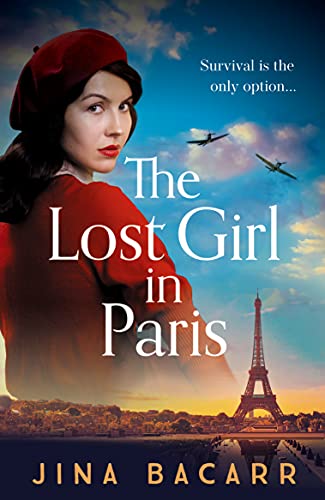







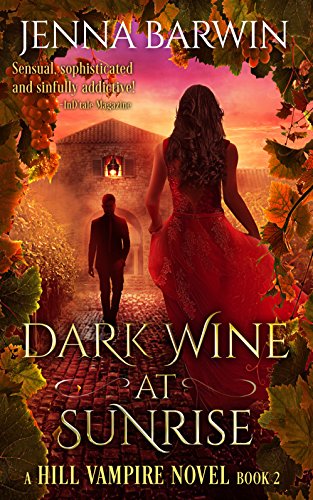
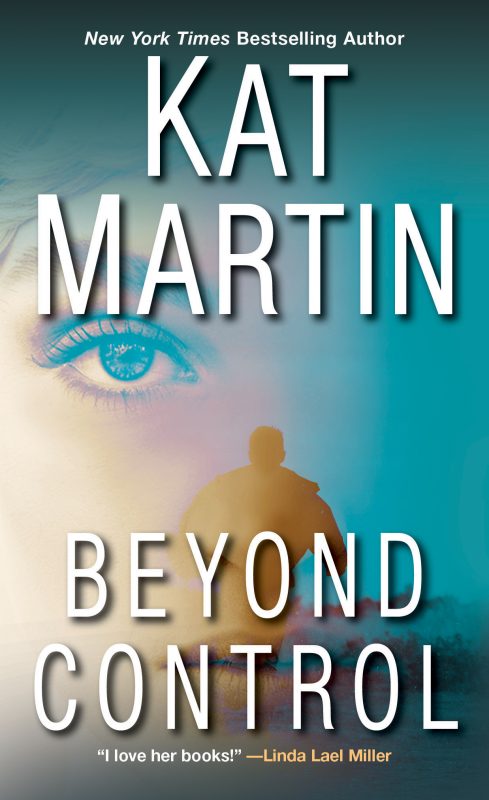


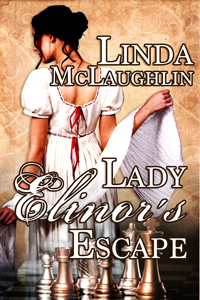


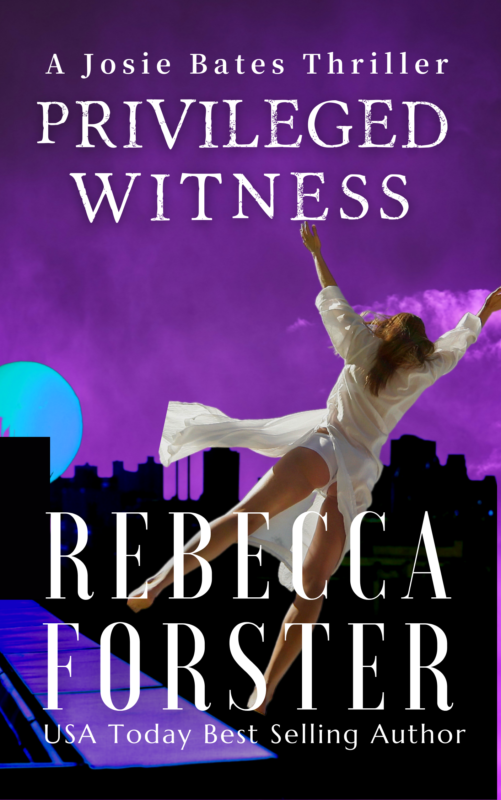


























Thank you Jenny! I’m on it. Hopefully, reading like a writer and editing like that surgeon.
i know you are! Actually, you inspired this post.